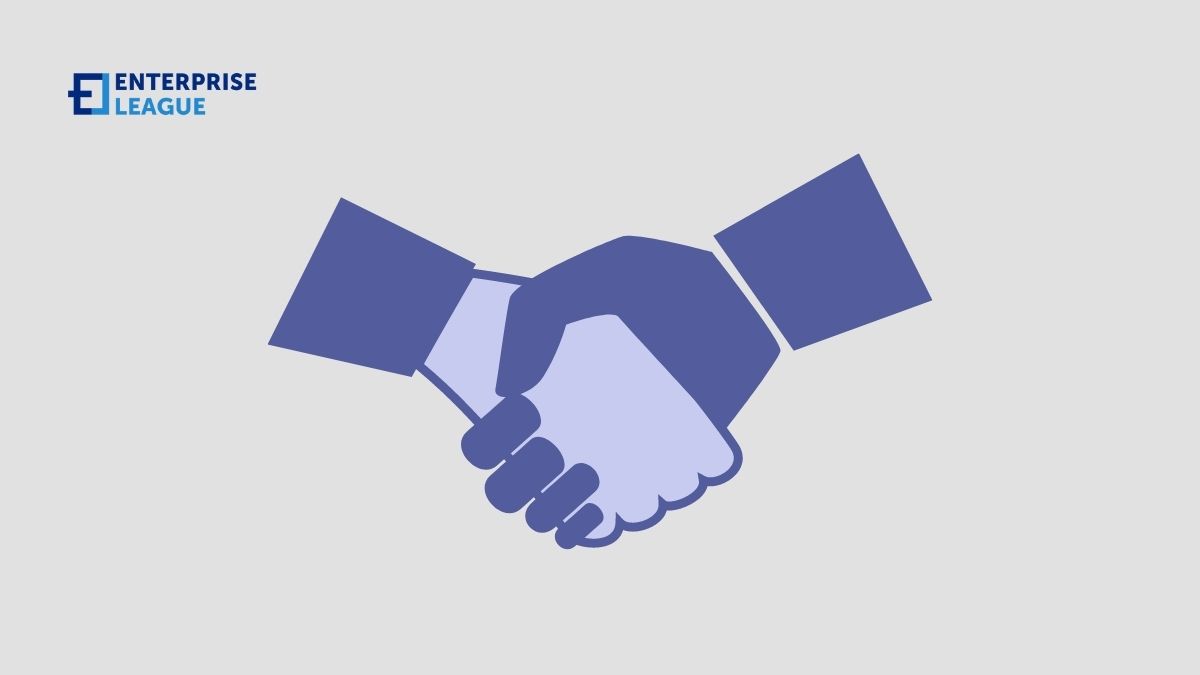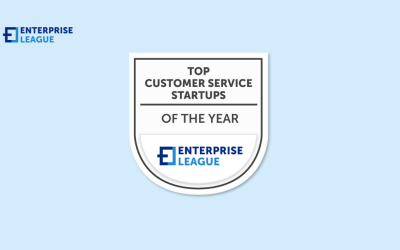How to keep good buyer-supplier relationships and turn better profits
December 23, 2021

In the last couple of years many companies have realized why buyer-supplier relationships are important, and how nurturing these relationships is key for their long-term success. The importance of suppliers in an organization is especially evident in businesses relying on raw materials for their production.
Knowing that we come to one of the biggest challenges for SMEs – developing an effective and tailored buyer-supplier relationships program. Hence, understanding the buyer and supplier relationship hierarchy leads you one step closer to enjoying the benefits of a vendor partnering with a supplier.
In essence, building a solid buyer-supplier relationship requires strong foundations.
The fundamentals of a successful buyer-supplier relationship
Regardless of what link you are in the supply chain, the principles upon which a buyer-seller relationship is based are virtually the same. Yet, somehow, around 80% of B2B leaders have switched suppliers at least once in the past 2 years. These numbers show that the majority of relationships between buyers and sellers have issues that ultimately lead to breaking up the collaboration.
Communication
By having an open and effective two-way communication both sides will feel heard and understood. There’s no such issue that can’t be solved with a quick message, a call or even a lunch.
Respect
When both parties feel respected, more options are laid on the table and the chances to get to a mutually favorable agreement are bigger. In other words, if neither the buyer nor the supplier feels cornered, negotiations are likely to take a turn for the better and end up with higher profits for both parties.
Directness
The most important part of an excellent relationship is being open and honest about everything. It is imperative to be transparent and share all the information with each other. When both parties understand all circumstances future issues will be resolved quicker than when withholding important information.
Fairness
Usually, a business relationship breaks down when one of the partners feels like they are not getting a fair deal. Therefore, both parties must split the benefits fairly. Non is superior over the other. In essence, both sides should profit while not harming financially the other.
8 tips to maintain strong buyer-seller relationships
Creating and maintaining a strong buyer-seller relationship is imperative in business. That being the case, the following tips will help you maintain your buyer-seller relationships.
Establish both-sided rapports with fewer buyers
If you’re a novice in B2B, your first instinct might be to seal the deal with as many buyers as possible. While this seems like a great strategy to increase your profits, the scenario is not very probable, at least not in the long run.
Studies have shown that sellers that have established solid, both-sided rapports with fewer buyers, actually turn better profits and have a steadier cash flow.
How does that work? At first, the buyer-seller relationship is one-sided and not very favorable for the seller. They offer lower prices to the buyer with the purpose to bait higher volumes which usually doesn’t happen at the beginning. However, after a while, the buyer recognizes the value they get and increases the volume. The relationships become two-sided.
Be careful, the value the buyer is supposed to get does not include only product quality. Negotiating skills must be put to good work alongside truthful effort to nourish the relationship.
The service-over-sales approach
The reason why most buyers change suppliers is that their needs are often unheard of. In other words, sellers don’t pay attention.
The first and foremost lesson coming out of this is: put the focus on the service, not on the sale. Listen carefully to what the buyer is saying and always tend to find a common ground. It’s important to remember that both sides should be satisfied with the outcome.
Combine technology with human efforts to create a seamless experience for your customers. Nonetheless, never make the mistake of dwelling entirely on tech. Where AI and ML fail, real humans excel. Find the right balance between these two and remember that a buyer-seller relationship is as strong as the effort put into it.
Make use of digital and collaborative technologies to your advantage
When supply chain experts collaborate with a centralized database, they can store all of their interactions in one place and work together to establish a paperless, hands-free order-to-pay cycle, therefore minimizing the amount of paperwork and hours invested in invoice processing.
Jeff Mains, CEO at Champion Leadership Group LLC
Provide timely feedback
Even with the finest preparation and planning, errors and miscommunications sometimes occur. Hence, it’s critical to resolve them swiftly and professionally with your providers in order to maintain good buyer-supplier relationships. Always give your provider a chance to contribute to a solution.
Robert Bolder, Founder of VPS Server
Think of your clients as individuals, not just a set of statistics
If you want to build a connection with a customer, you should remember their name and some interesting information about them. Customers will appreciate your thoughtfulness if you provide these little touches in your service.
Robyn Newmark, Founder, and CEO of Newmark Beauty
Don’t be too pushy
You have to also make sure that you do not seem irritated if the client is taking their time deciding on something. If it is not appropriate, take some time before getting back in touch with them.
Lynda Fairly, Co-founder of Numlooker
Proactively approach problems
This will help eliminate gaps in communication while ensuring there is clarity on both ends of the spectrum. Proper context allows you to maintain and safeguard your relationship before anything goes wrong.
Alex Williams, CFO at FindThisBest LLC
Listening to their suggestions and feedback
Will Cannon, CEO of Uplead
How to find new buyers or suppliers?
Easily, be present on the B2B platform Enterprise League. Such a platform will be of great help when it comes to succeeding in building strong buyer-supplier relationships.
On one side, you can publish business tenders and receive companies’ proposals. While on the other side, you can share your offerings and get contacted for prospective collaborations. The entire platform functions on AI working in the back, facilitating the B2B collaborative process.
More must-read stories from Enterprise League:
-
Kick start your business by choosing the best business location based on these 9 factors.
- Getting your product in stores doesn’t have to be complicated.
- Find out all the things that make messy people smarter.
- What it takes to start a wholesale business from scratch?
- Unique and profitable drone business ideas you should be aware of.
Related Articles
Top 21 customer service startups leading the way in 2025
By centralizing data and interactions, these 21 innovative customer service startups enable responsive, personalized cross-channel support experiences.
34 funny entrepreneur quotes to brighten your day
These 34 funny entrepreneur quotes will make you laugh long after you’ve read them. They’ll help you to put a smile on your face and brighten your day.
33 inspirational business partnership quotes (2025)
Let these business partnership quotes inspire you to stay motivated in achieving your goals and build strong partnerships. Learn from the best masterminds.
Top 21 customer service startups leading the way in 2025
By centralizing data and interactions, these 21 innovative customer service startups enable responsive, personalized cross-channel support experiences.
34 funny entrepreneur quotes to brighten your day
These 34 funny entrepreneur quotes will make you laugh long after you’ve read them. They’ll help you to put a smile on your face and brighten your day.





